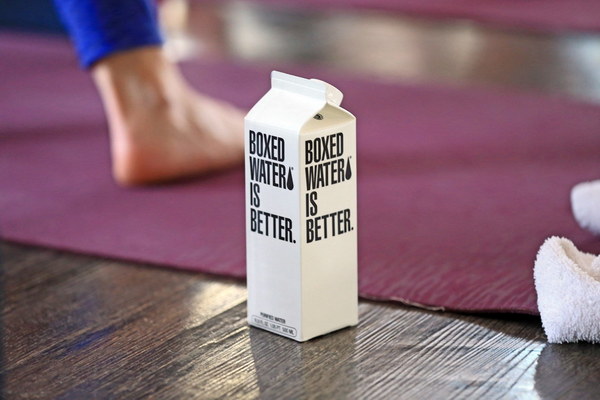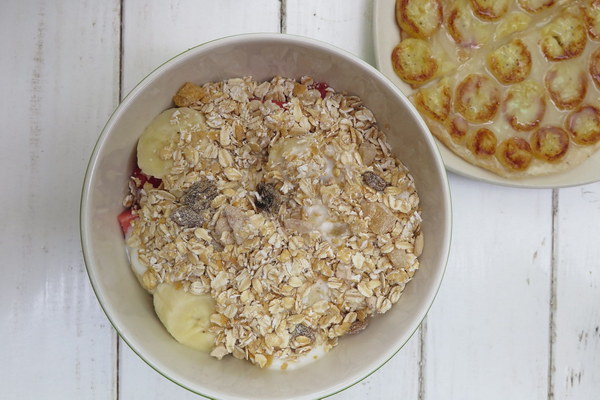Caring for Your Body Post-Mild Stroke Essential Tips for Recovery
Introduction:
A mild stroke, also known as a transient ischemic attack (TIA), can be a frightening experience. While it may not cause long-term disabilities, it is essential to take proper care of your body to prevent future strokes and improve your overall health. In this article, we will discuss essential tips for caring for your body post-mild stroke.

1. Follow your doctor's recommendations:
It is crucial to adhere to your doctor's advice and treatment plan. This may include medication, lifestyle changes, and regular follow-up appointments. Your doctor will guide you on the best course of action to ensure your recovery.
2. Monitor your blood pressure:
High blood pressure is a significant risk factor for stroke. Keep track of your blood pressure and take prescribed medications to maintain healthy levels. Consider investing in a home blood pressure monitor to monitor your blood pressure regularly.
3. Manage your cholesterol:
High cholesterol levels can lead to plaque buildup in your arteries, increasing the risk of stroke. Work with your doctor to control your cholesterol levels through medication, diet, and exercise.
4. Control your diabetes:
If you have diabetes, it is essential to manage your blood sugar levels to reduce the risk of stroke. Follow your doctor's recommendations for medication, diet, and exercise.
5. Eat a heart-healthy diet:
A diet rich in fruits, vegetables, whole grains, lean proteins, and healthy fats can help reduce the risk of stroke. Avoid processed foods, saturated fats, and excessive sodium intake. Consider consulting a registered dietitian for personalized dietary advice.
6. Exercise regularly:
Physical activity is crucial for stroke recovery. Aim for at least 30 minutes of moderate-intensity exercise most days of the week. This can include walking, swimming, cycling, or any other activity you enjoy. Consult with your doctor before starting a new exercise regimen.
7. Quit smoking and limit alcohol consumption:
Smoking and excessive alcohol consumption can increase your risk of stroke. Quitting smoking and limiting alcohol intake can significantly improve your health and reduce the risk of future strokes.
8. Manage stress:
Stress can negatively impact your health and increase the risk of stroke. Find healthy ways to manage stress, such as meditation, deep breathing exercises, or engaging in hobbies you enjoy.
9. Get adequate sleep:
Sleep plays a crucial role in your overall health. Aim for 7-9 hours of quality sleep per night. Establish a regular sleep schedule and create a relaxing bedtime routine to improve your sleep quality.
10. Attend rehabilitation:
Rehabilitation can help improve your mobility, strength, and cognitive function post-stroke. Work with a physical therapist, occupational therapist, or speech therapist to develop a personalized rehabilitation plan.
Conclusion:
Caring for your body post-mild stroke is essential for preventing future strokes and improving your overall health. By following these tips, you can take proactive steps towards a healthy recovery. Always consult with your healthcare provider for personalized advice and support throughout your recovery journey.









